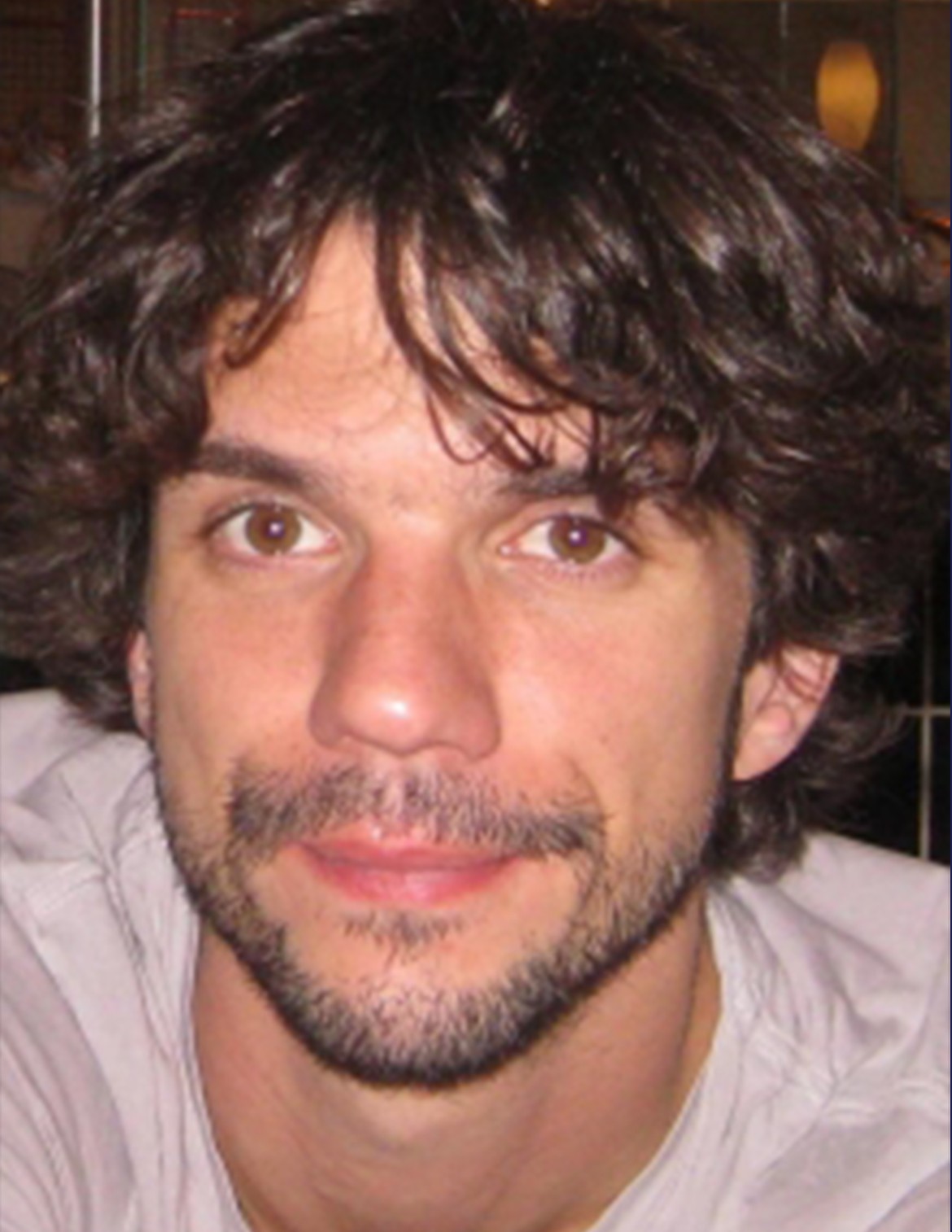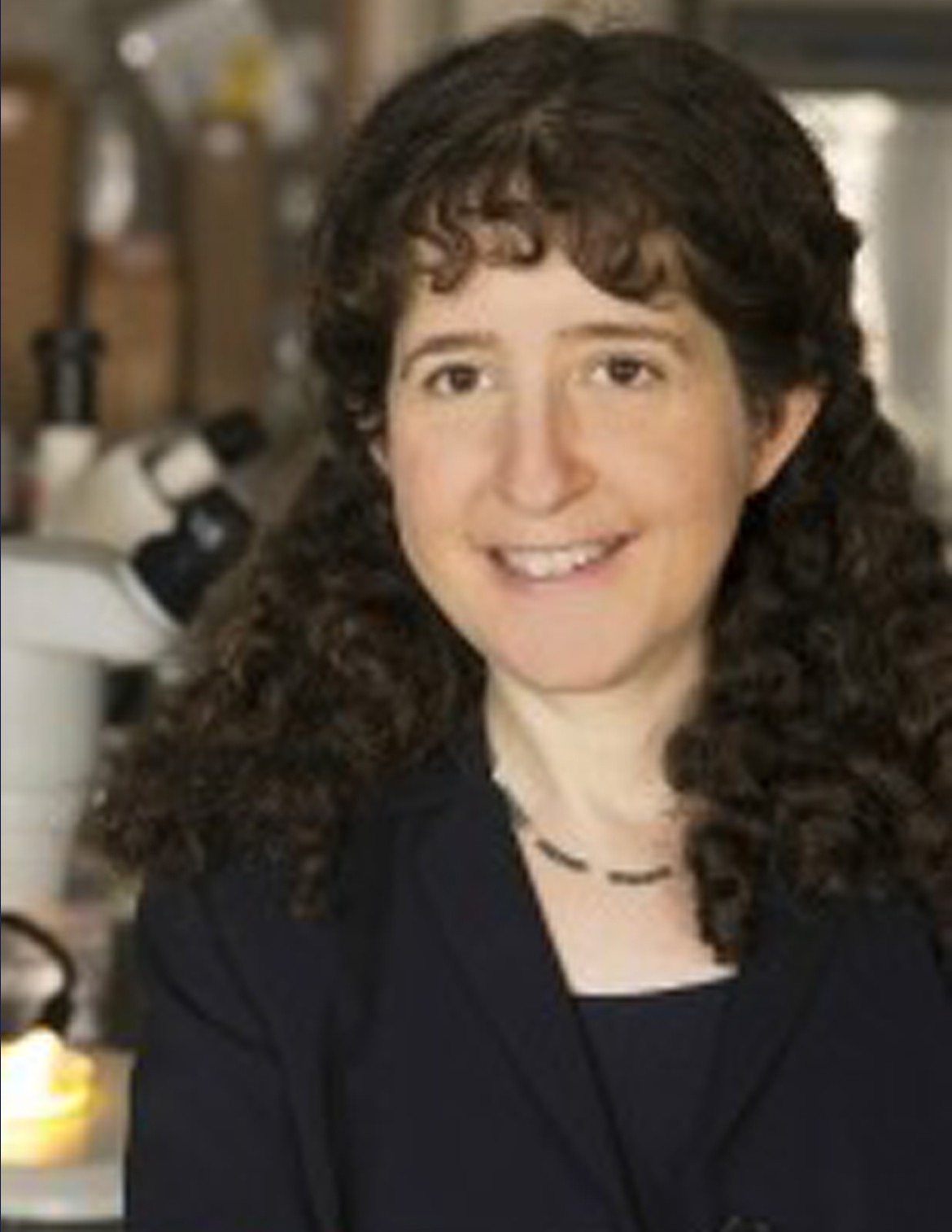Our primary goal is to investigate biological questions at a systems-level using a range of experimental models, from bacteria to mammalian cell-lines. We develop and apply advanced technologies to study biomolecular interactions driving intra- and intercellular signaling and organization, focusing particularly on multi-omic interrogation of single-cell states in situ. Another important focus is on studying novel genetic systems in microbial eukaryotes, where we aim to understand genome evolution and diversity using mechanistic and comparative approaches. In addition, we use systems approaches to gain insights into the mechanisms that control gene expression and how they impact differentiation, stress response, and pathogenesis. Overall, our aim is to uncover fundamental principles and mechanisms that govern biological systems, using cutting-edge technologies and computational methods.
Research Groups
Andolfatto Lab
The evolutionary processes shaping genome evolution and the genetic mechanisms underlying adaptations and species-specific traits
Bussemaker Lab
Data-driven predictive modeling of gene regulatory networks
Duvall Lab
Regulation of innate behavior in blood-feeding arthropods
Gaublomme Lab
Create and apply multi-omic technologies to study biomolecular and cellular interactions during development, physiology and pathology
Jia Lab
Epigenetic regulation of the genome
Landweber Lab
RNA-mediated epigenetics and genome reorganization during development
Manley Lab
Regulation of mRNA synthesis in animal cells
Prives Lab
Structure & function of the p53 tumor suppressor protein
Prywes Lab
Growth factor regulation of gene expression
Przeworski Lab
Population and human genetics












